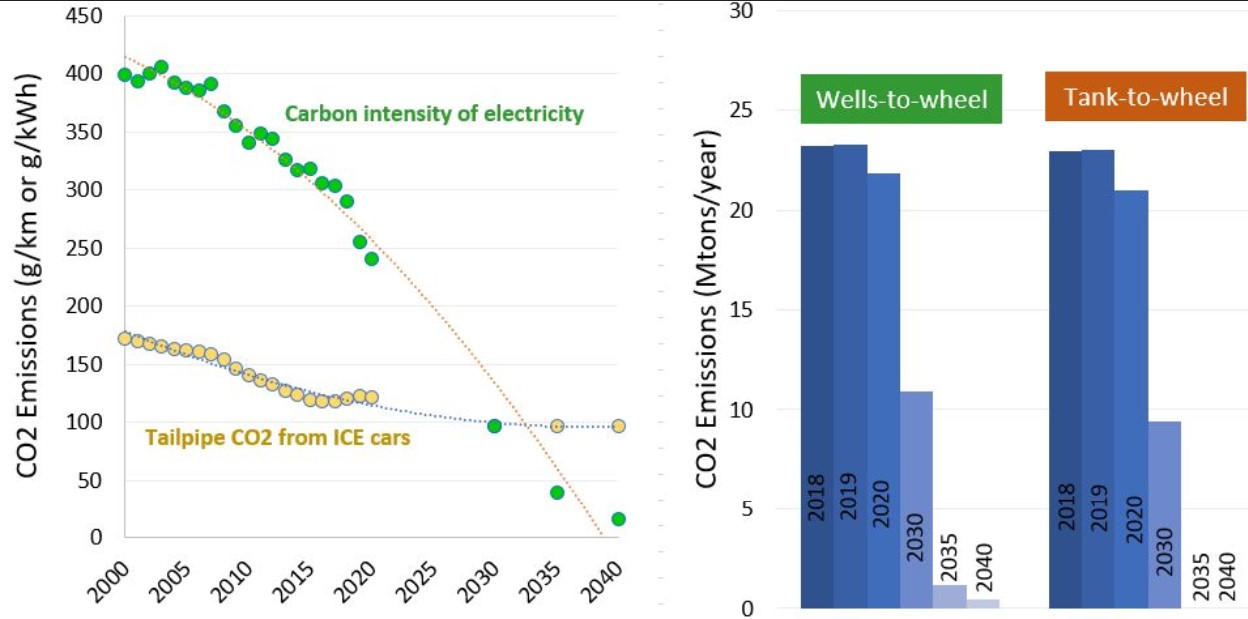

In Walter Scheidel’s 2017 amazing History of Inequality, four formidable Horsemen of the Apocalypse are called upon as drivers to reduce inequalities, war, revolution, pandemic and state collapse: the War against Climate Change our governments in the West seem now serious to wage would not qualify today in intensity and momentum when compared to Scheidel’s examples. We seem to be living in a too comfortable lifestyle to embrace revolution, technology has brought a fast response to the Covid-19 pandemic and, even if our democratic regimes seem fragile, we are not close to state collapse.
But inequalities have been exploding since the neo-liberal creed takeover in the eighties: scholars have now properly documented this unpleasant fact. And recent events are showing the fight against climate change may add to the burden, an archetypical example being Low Emission Zones, or how to exclude many drivers from the roads, though with best of intentions for the improvement of air quality and human health. Carlos Tavares, Stellantis CEO, just pointed out mobility affordability is a growing challenge.
Since June, 1, 2021, drivers with a pre-2006 diesel-powered light duty vehicle are not allowed during business hours in the Greater Paris area, where 5.6 million inhabitants live and many use their car, mostly for inter-suburbs mobility, not as easily possible by public transport as going to Paris. And the bureaucratic blueprint calls for pre-2010 diesel-powered and pre-2006 gasoline-powered vehicles to join as from July 2022, and for all diesel vehicles in 2024. And many large cities in France, and in other European countries, are concerned as well.
This aloofness of the bureaucratic elite, probably driven by the improvement of the well-being of Greater Paris inhabitants, but also, quite possibly, by their hate of the car civilization, has found a formidable opponent, the upper chamber of Parliament, the Senate, which, like in most democracies, is part of the legislative process and the check-and-balance system to prevent authoritarian drifts. The Senate majority, often dubbed as conservative and representative of non-urban France, postponed the deadlines and pointed out that modest households should be allowed time and money to replace their “polluting” vehicle, assumed powered by an Internal Combustion Engine (ICE), by a “green” one, assumed to be powered by electricity, much to the displeasure of the supporters of the original blueprint.

Source: Ameya Joshi, Corning
There is no denying the urgency to fight climate change, which also means adapting to warmer and more extreme weather. But there should be no denying that social justice, leaving no-one behind, is equally fundamental in our democracies, lest we open the door to populism or authoritarian regimes. And there should also be no denying that electric vehicles (EV) are not yet such a green solution, as can be seen in the graph published by Ameya Joshi, Director for Emerging Technologies & Regulations at Corning Inc. The carbon intensity of electricity is at the heart of this power-train assessment, but there are other aspects, like the mining of metals or the water use in assembly lines, that should be properly taken into account in a full lifecycle analysis, from cradle, wells, to grave, wheels and beyond, like recycling or disposing of batteries.
If EV powertrain technology does show a better carbon footprint than ICEVs after 2030, then we should rightly invest in infrastructure to allow EVs to roam the roads then, like ICEVs do today. But let us not forget that renewable sustainable fuels can already contribute to transport decarbonization, today and for the decades to come.
To conclude, democracy is not about procrastination, but about cooperation between the stakeholders: in the fight against climate change, no-one has a magic solution and strategies for tomorrow should be based on sound science, with all the tools we have, and properly debated so that sustainability can rhyme with environment, economy and people.
Philippe Marchand is a Bioenergy Steering Committee Member of the European Technology and Innovation Platform (ETIP).